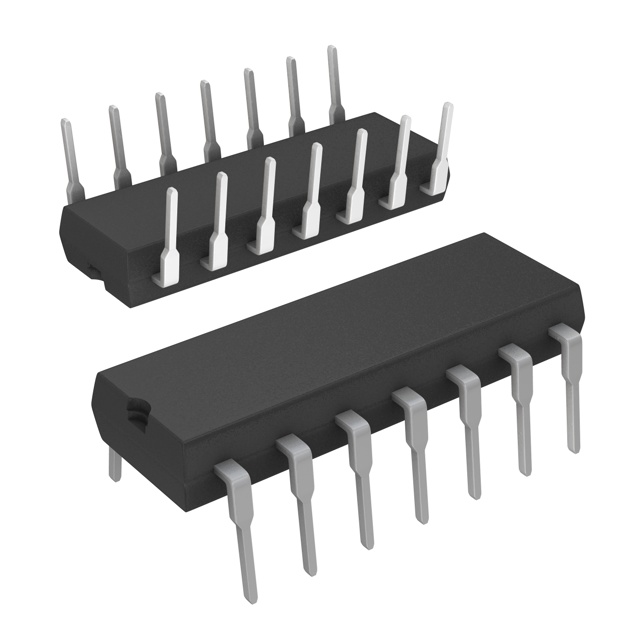TC7SET14F,LF
Manufacturer No:
TC7SET14F,LF
Manufacturer:
Description:
IC INVERTER SCHMITT 1CH 1-IN SMV
Datasheet:
Delivery:





Payment:




In Stock : 352
Please send RFQ , we will respond immediately.









TC7SET14F,LF Specifications
-
TypeParameter
-
Package / CaseSC-74A, SOT-753
-
Supplier Device PackageSMV
-
Mounting TypeSurface Mount
-
Operating Temperature-40°C ~ 85°C
-
Max Propagation Delay @ V, Max CL9.6ns @ 5V, 50pF
-
Input Logic Level - High1.9V ~ 2.1V
-
Input Logic Level - Low0.5V ~ 0.6V
-
Current - Output High, Low8mA, 8mA
-
Current - Quiescent (Max)2 µA
-
Voltage - Supply4.5V ~ 5.5V
-
FeaturesSchmitt Trigger
-
Number of Inputs1
-
Number of Circuits1
-
Logic TypeInverter
-
PackagingCut Tape (CT)
-
Product StatusActive
-
SeriesTC7SET
The TC7SET14F,LF is a specific integrated circuit chip manufactured by Toshiba. It is a single Schmitt trigger inverter with an input protection circuit. Here are some advantages and application scenarios of this chip:Advantages: 1. Low power consumption: The TC7SET14F,LF chip is designed to operate at low power levels, making it suitable for battery-powered devices or applications where power efficiency is crucial. 2. Wide operating voltage range: It can operate within a wide voltage range, typically from 1.65V to 5.5V, allowing compatibility with various voltage levels. 3. Schmitt trigger functionality: The chip incorporates a Schmitt trigger, which provides hysteresis to the input signal. This helps in reducing noise and improving the robustness of the circuit against signal fluctuations. 4. Input protection circuit: The chip includes an input protection circuit that safeguards against voltage spikes or electrostatic discharges, enhancing the reliability and durability of the chip.Application scenarios: 1. Signal conditioning: The Schmitt trigger functionality of the TC7SET14F,LF chip makes it suitable for signal conditioning applications. It can be used to convert noisy or weak input signals into clean and well-defined digital signals. 2. Level shifting: The wide operating voltage range of the chip allows it to be used for level shifting applications. It can convert signals from one voltage level to another, enabling compatibility between different parts of a circuit operating at different voltage levels. 3. Noise filtering: The Schmitt trigger functionality helps in filtering out noise from input signals, making the chip useful in noise-sensitive applications such as audio circuits or communication systems. 4. Input protection: The input protection circuitry of the chip makes it suitable for applications where the input signals may be exposed to voltage spikes or electrostatic discharges. It helps in preventing damage to the chip and ensures reliable operation.It is important to note that the specific advantages and application scenarios may vary depending on the requirements and design considerations of a particular project.
TC7SET14F,LF Relevant information







